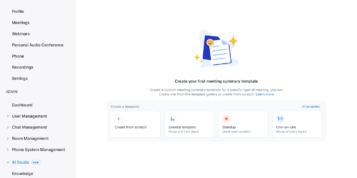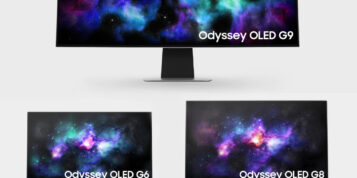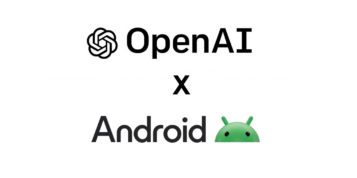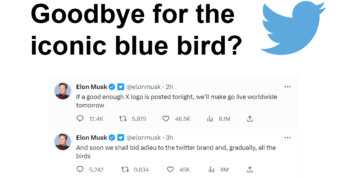A number of big-name phone companies are teaming up with Google to boost the adoption of a messaging service that is taking aim at WhatsApp and similar chat apps.
The new “supertext” service is called Rich Communications Services (RCS) and is markedly better than traditional SMS. Some of its features include video calls, group chats, file sharing, and photo sharing.
All of these features are standard on apps like Facebook Messenger and WhatsApp, but SMS users currently do not have access to these capabilities.
Many carriers are signing on in hopes of making up for the losses in SMS revenue and usage that have been noted as people turn to other chat apps in droves. WhatsApp boasts a billion monthly active users, and Facebook’s Messenger and WeChat are not too far behind it.
Carriers could find ways to monetize the RCS service, such as by charging per message or for subscriptions. So far, a number of big global operators have signed up, including Vodafone, Sprint, Orange, and Telstra, according to a press release.
Google’s Vice President of Communications, Nick Fox, said: “Today marks an important step forward in bringing a better messaging experience for Android users everywhere, and we’re thrilled to collaborate with our partners across the industry to make this happen.”
The system currently only works on Android phones, and it remains to be seen whether Apple would be willing to support an iMessage rival on its own phones.
Service will make use of Jibe Android client
More than four billion SMS users around the world will be able to take advantage of the service, which will be available through an Android client known as Jibe. Operators can also choose to use their own infrastructure for RCS.
Google’s Jibe website says: “Texting changed the way we communicate, but it’s out of date. Today we want messaging that lets us do things like share high-res photos and larger files, chat with a group, know when messages are read, or make video calls.”
Some privacy advocates concerned about RCS
Some experts have voiced concern over the security of the system. The RCS encryption scheme contains provisions for government interception, although that is pretty standard for regulated carriers. Nevertheless, privacy and security are hot-button issues right now, particularly as Apple makes headlines for its refusal to help the FBI access a terrorist’s iPhone.
RCS has been around for several years, but the partnership with Google should help bring it to the masses as its Android operating system is used on about 80 percent of the world’s smartphones. According to TechCrunch, all Android devices will support RCS, and the features will eventually be integrated into the phone rather than requiring the use of a separate app.





